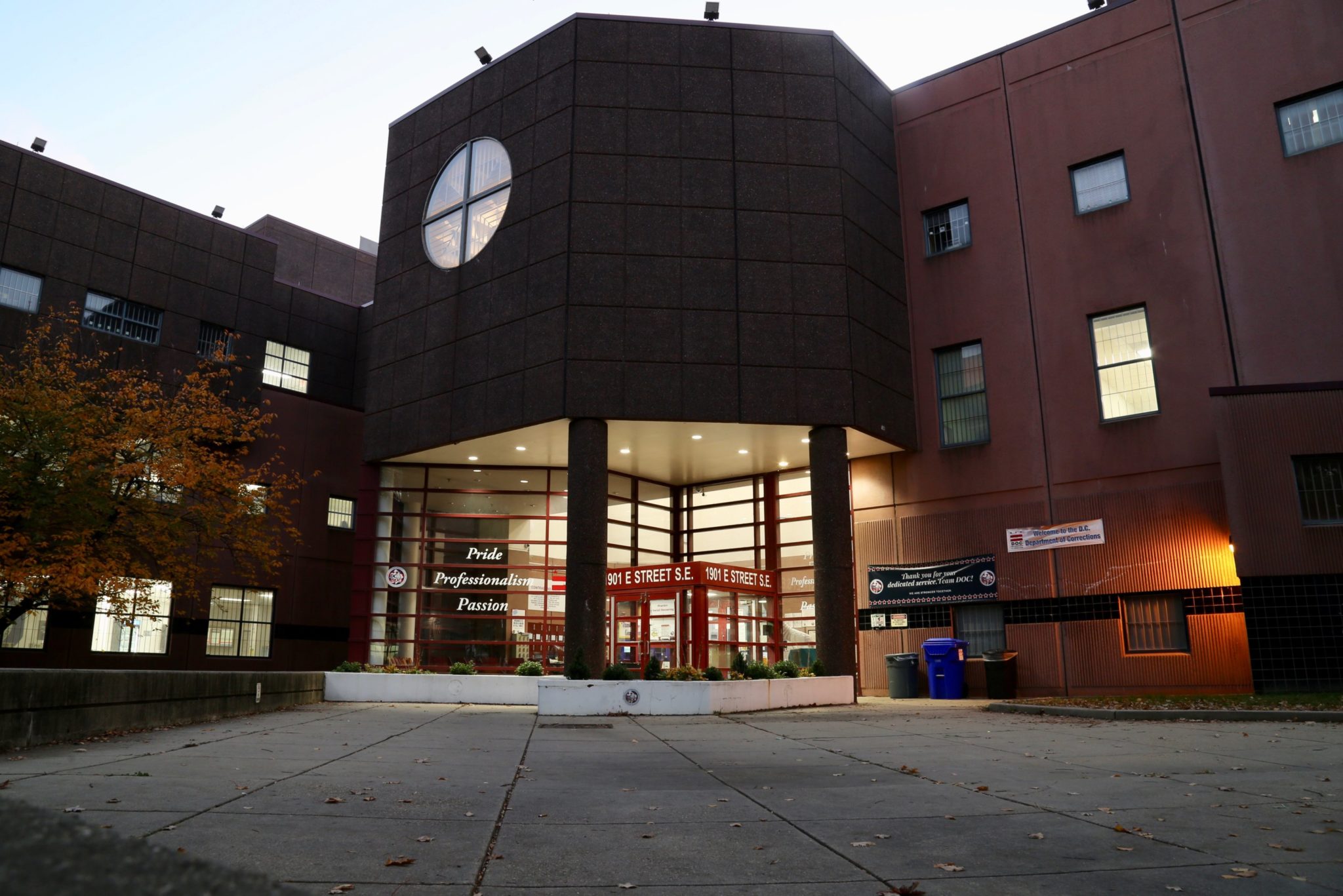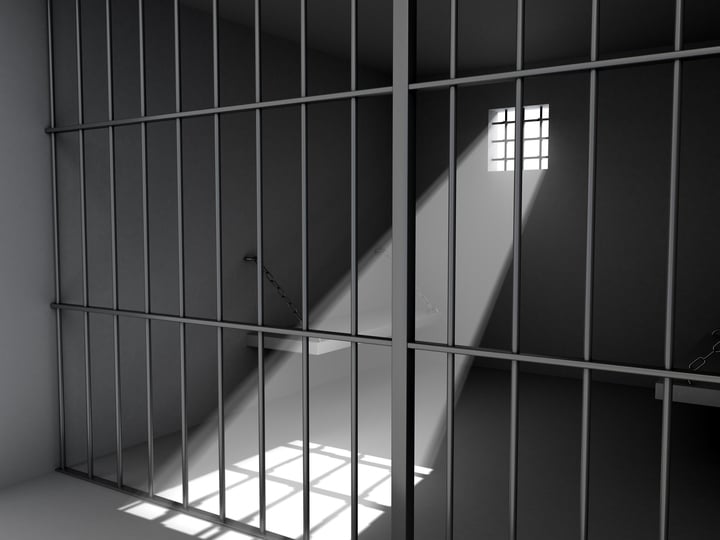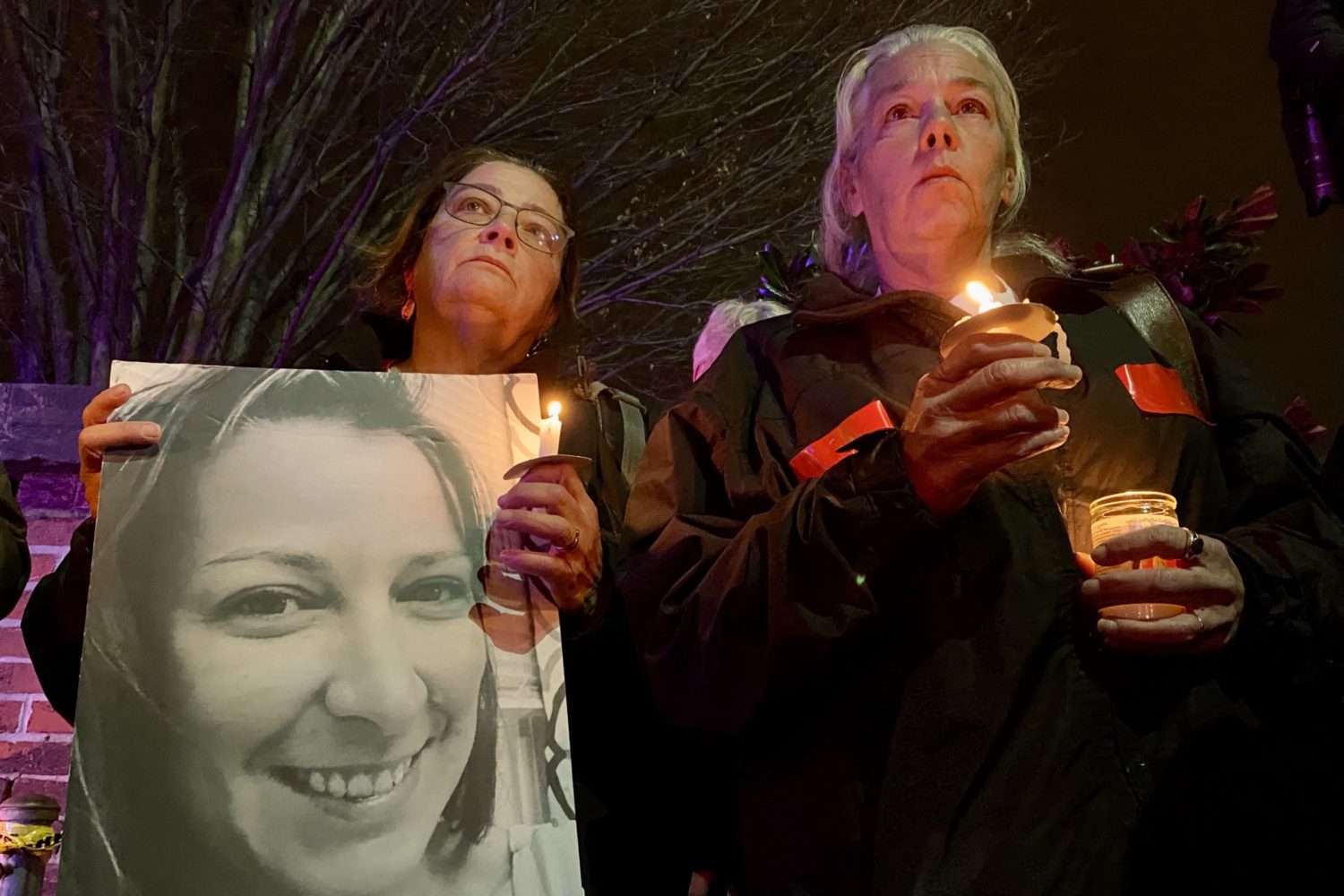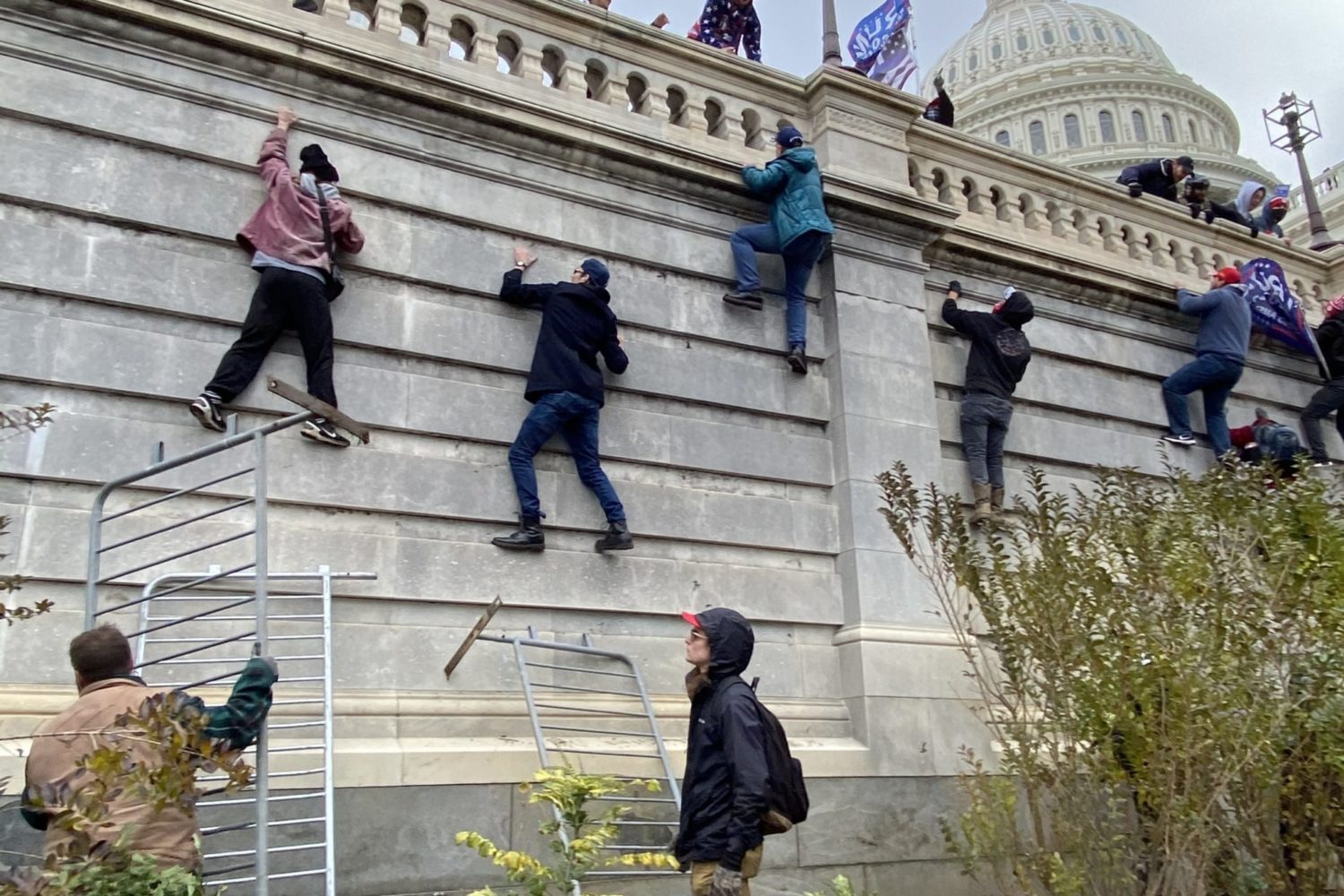The DC Department of Corrections agreed late Monday that it would submit to five unannounced inspections of Covid-prevention measures at the DC Jail over the next six months. The agreement is part of settlement of Banks v. Booth, a lawsuit on behalf of inmates that the ACLU of the District of Columbia, the Public Defender Service for the District of Columbia, and the law firm of Munger, Tolles & Olson LLP filed against the DOC in March 2020. DOC has agreed to make changes to its Covid precautions while the parties wait for the settlement to be approved.
That suit outlined shocking conditions inside the long-troubled facility, including that staff had no masks, gloves, or other protective equipment, that social distancing was a joke, and that incarcerated residents were told to wipe down their cells with their own towels. In April 2020 a judge largely agreed with the plaintiffs and ordered changes via a temporary restraining order; the following month an independent inspection found little improvement. A preliminary injunction followed, as did an appeal from the DC government that was dismissed last summer.
Rather than fix the conditions in the suit, the jail began a nearly 24-hour-per-day lockdown in May 2020, which it only began to relax a year later. By that time the jail was becoming national news due to a group of residents in its Correctional Treatment Facility: People accused of taking part in the riot at the US Capitol on January 6, 2021. Their complaints about conditions and their treatment at the jail found an enthusiastic audience among the US far right.
The jail botched medical care procedures so badly for one prisoner, a Proud Boy named Christopher Worrell, that a US District Court judge ordered a surprise inspection by the US Marshals Service, which found “evidence of systemic failures,” including water and food being “withheld from detainees for punitive reasons,” “staff . . . antagonizing detainees,” and “large amounts of standing human sewage . . . in the toilets of multiple occupied cells.” The Marshals Service announced plans to move 400 prisoners out of DC to a more humane facility. Two members of Congress, Marjorie Taylor Greene of Georgia and Louie Gohmert of Texas, visited the jail this past November and further documented its failings.
Last month a monitor found that the January 6 prisoners’ unit met federal detention standards. But that didn’t settle the issues raised by Banks v. Booth. “We actually amassed a lot of evidence supporting those allegations that led the court to issue relief twice,” says Zoé Friedland of the DC Public Defender Service. Among them: long delays in receiving medical care, a lack of testing, soap and hand sanitizer, and even face masks for staffers. Residents who reported symptoms were liable to be put in isolation: “people were not allowed to leave their cells or go outside and of course, that disincentivized recording of symptoms,” she says.
The inspections will be conducted by Dr. Carlos Franco-Paredes, an infectious disease specialist at the University of Colorado’s school of medicine. He’ll examine seven aspects of the jail’s compliance, including masking of staff, hygiene, access to showers and recreation, and making sure that residents in quarantine units aren’t subjected to punitive conditions. “In our experience,” Friedland says, “unannounced inspections are the most effective way to get the DC jail to improve its behavior.” The jail will also be required to make regular reports about vaccination and infection rates.
All of which raises a baffling question about the jail: Why did it take a lawsuit to get it to take safety measures during a pandemic? Friedland says that Edward Banks, the lead named plaintiff, expressed similar puzzlement when she discussed the settlement with him. “I can’t speak to their motivations or unwillingness to meet these basic constitutional requirements,” she says. “But I can say that since the pandemic began, they failed.”
This doesn’t mean the jail will evade scrutiny now that this suit is settled. “There’s still more we need to do to improve the conditions at the DC jail,” Friedland says. The ACLU of DC, she notes, is “involved in some policy initiatives to have independent oversight of the jail about a broader range of issues.”



















